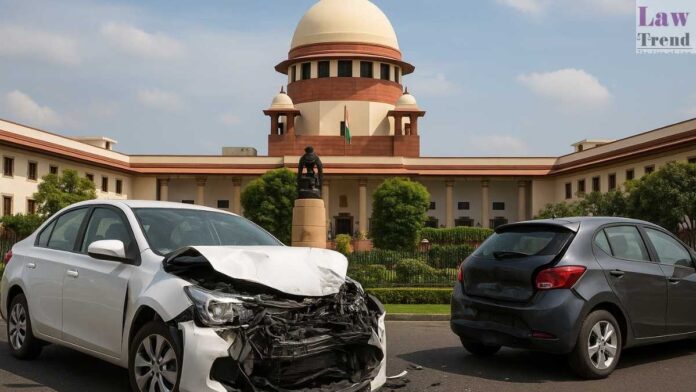In a crucial clarification on motor accident compensation law, the Supreme Court of India has held that an insurance company cannot outright deny a claim to a third-party victim solely on the grounds that the driver of the offending vehicle possessed an expired license at the time of the accident. The Court reiterated that the
To Read More Please Subscribe to VIP Membership for Unlimited Access to All the Articles, Download Available Copies of Judgments/Order, Acess to Central/State Bare Acts, Advertisement Free Content, Access to More than 4000 Legal Drafts( Readymade Editable Formats of Suits, Petitions, Writs, Legal Notices, Divorce Petitions, 138 Notices, Bail Applications etc.) in Hindi and English.




